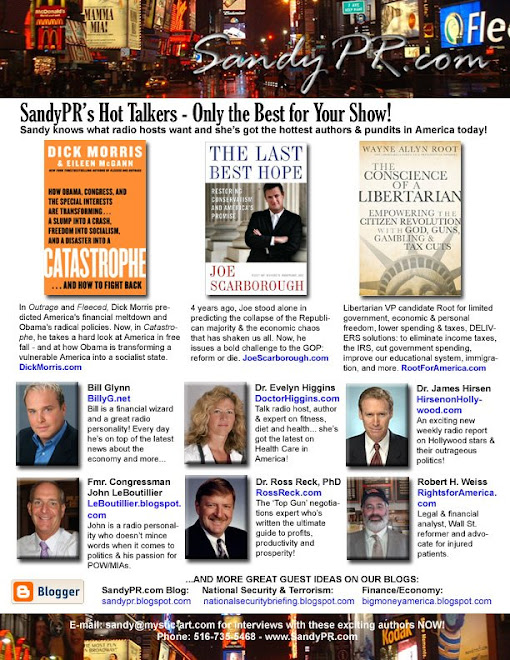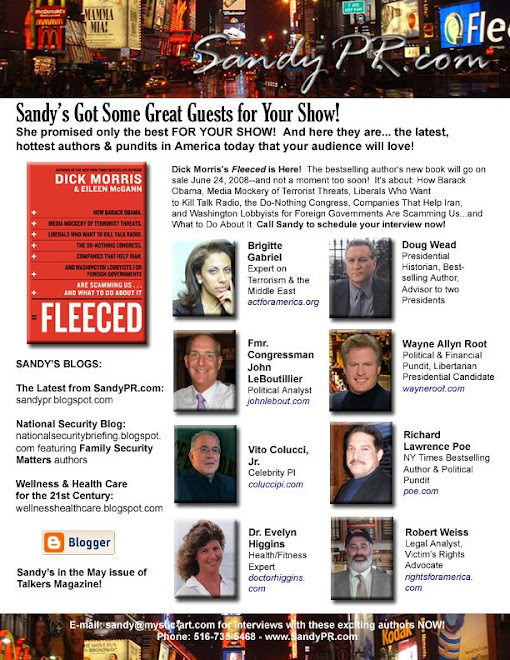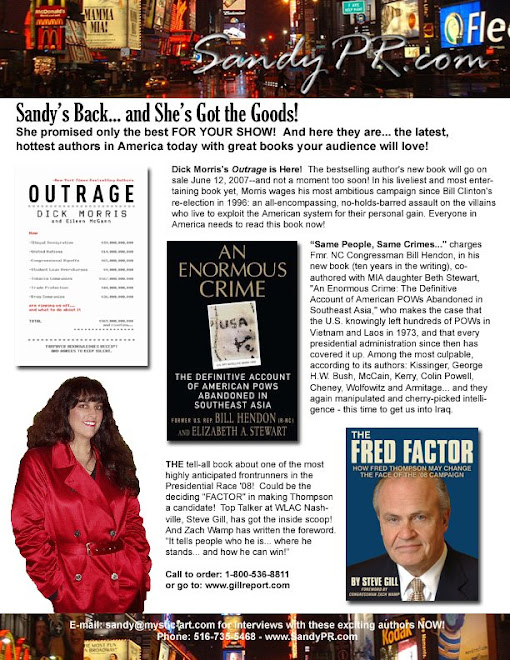|
|
|
|
|
|
NO WAY HOME
The Crisis of Homelessness and
How to Fix it With
Intelligence and Humanity
Co-Written by Wayne Winegarden
In the new book, NO WAY HOME: The Crisis of Homelessness and How to Fix it with Intelligence and Humanity, Policy Economist, Wayne Winegarden and his fellow authors examine the causes of homelessness with a focus on unaffordable housing, poverty, mental illness, substance addiction, and legal reform. It examines the state and local policy environment to determine ways in which housing policy, social service programs, and employment opportunities interact to exacerbate, perpetuate, or reduce homelessness.
In San Diego, not far from the gates of the fantasy world at Disneyland, tent cities lining the freeways remind us of an ugly reality. Homeless individuals are slowing rail traffic between Sacramento and the Bay Area and swarming subway trains in Los Angeles in search of a place to sleep when they're not languishing on Skid Row. Drug use among the homeless is plaguing communities, with discarded needles threatening children playing at public parks. And every day across California, thousands of homeless youth who lack safe and stable housing struggle to stay in school, to perform well academically, and to form meaningful connections with their teachers and peers... and that was BEFORE the Coronavirus lockdown of schools all over America.
In NO WAY HOME, you'll learn that:
· California's homeless problem differs from the rest of the U.S. While homelessness went up in the country in 2020, homelessness in the U.S. had been declining for many years even while the problem was continually worsening in the U.S.
· California's homeless crisis is caused by the state's economic and policy decisions, reinforced by unhelpful legal precedents.
· The major economic causes are the array of policies (zoning regulations, California Environmental Quality Act, environmental policies) that make California an unaffordable place to live. The lack of affordability pushes too many Californians to the edge, unable to withstand an adverse life or economic event that people in other states could weather.
· Legal rulings are creating a de facto right to sleep on the street. Policy changes like Prop. 47, which turned larceny under $950 into a misdemeanor not a felony, enables the people who are homeless due to problems with substance abuse to finance their addictions. In combination, these changes are increasing the number of homeless suffering from mental illness or substance abuse.
· Sustainably addressing the crisis requires reforms that address the key drivers.
Since the 1980s, countless research studies have been published on the topic of homelessness in America. Too often, however, social science research on homelessness is narrow in scope, mired in politics, and reliant on questionable assumptions about the root causes of the problem. The severity of the homeless crises afflicting cities requires innovative solutions backed by credible data and objective research.
NO WAY HOME evaluates different strategies being used at the state, county, and local levels to prevent or reduce homelessness. Finally, the authors provide a mix of long-term policy solutions based on their findings that have the greatest potential to reduce homelessness.
ABOUT THE AUTHOR: Dr. Wayne Winegarden is a senior fellow in business and economics at PRI and director of PRI's Center for Medical Economics and Innovation. He is a policy economist whose areas of study include the economic impacts from regulatory policies with an emphasis on their consequences on affordability and regressivity. Through his intensive background as a business economist, Winegarden tells the story of how public policy has exacerbated California's homelessness issues, from the steep cost of housing that's priced people out of homes to the unaffordable cost of living.








